What to Know Before Traveling to Cuba
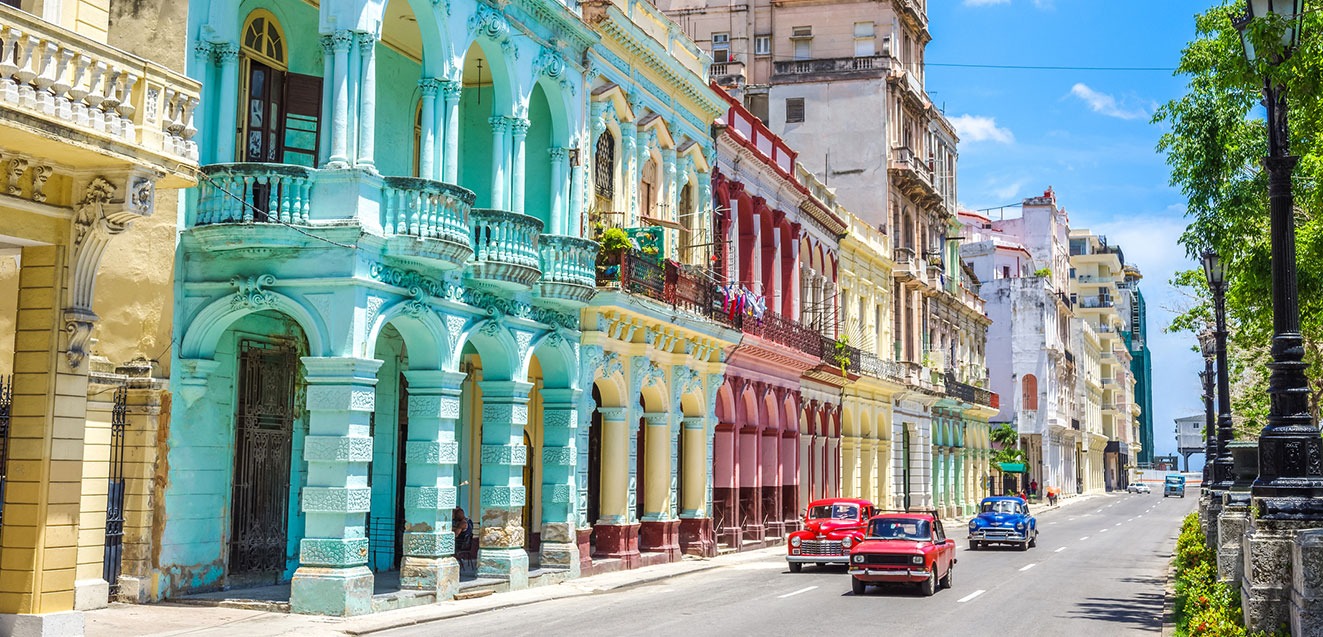
As a country that’s experiencing vast changes, often at full-steam, Cuba can be quite a difficult country to navigate on your own. Happily, we at GeoEx have been offering private and small group trips to this island-nation since 2000. We are continuously cultivating and expanding trusted relationships, experiencing the newest eateries and lodgings, and adapting to shifting government policies and spur-of-the-moment changes with ease. With our on-the-ground connections and excellent relationships, we’re able to be flexible in our planning and manage expectations accordingly.
Here are 5 things we’ve learned along the way.
1: When is the best time to travel to Cuba?
Like many tropical destinations, Cuba has two seasons: the dry season, from November through April, and the wet season, May through October. For sunny skies and warm temperatures, without heavy humidity or hurricanes (the heaviest hitting storms tend to occur in September and October), the dry season is ideal.
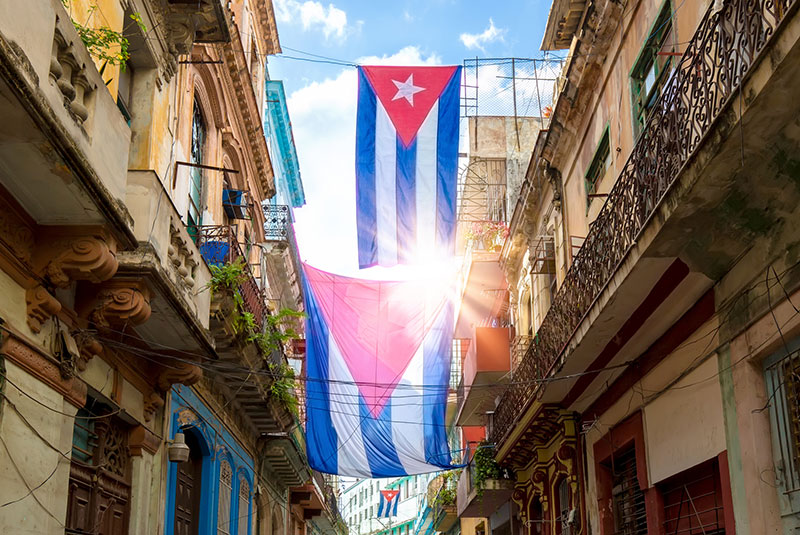
2: Can Americans travel to Cuba?
Yes, Americans can travel to Cuba and do so legally, though traveling specifically for tourism remains off-limits. Instead, the Department of Treasury’s Office of Foreign Assets Control (OFAC) offers general licenses for 12 categories of authorized travel. These include humanitarian projects, family visits, and Support for the Cuban People, a category allowing US travel companies to bring Americans to Cuba, provided they engage in a full-time schedule of activities based around meaningful interactions with Cuban individuals.
This is a practice that GeoEx has been taking part in for years, whether it’s discussing the history of Latin and African influences in the island’s music with a local professor, or learning how Old Havana has changed over time through the eyes of a city architect.
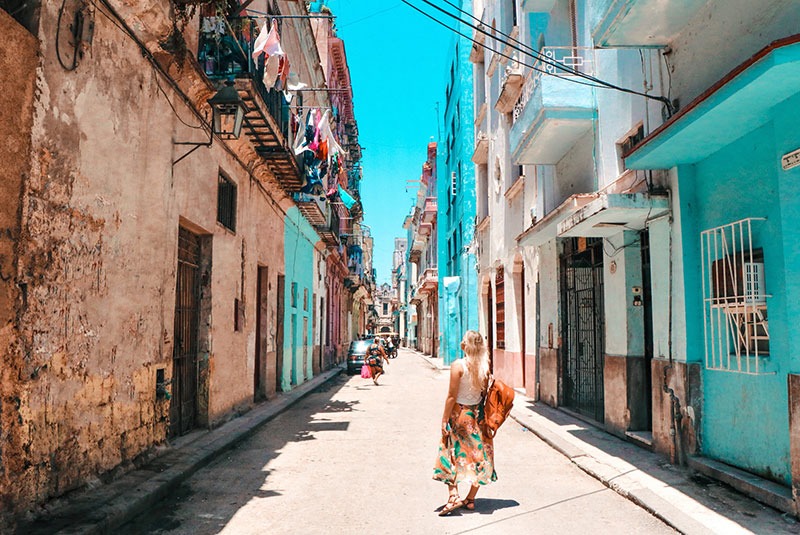
3: What do I need to travel to Cuba?
Along with one of the 12 authorized reasons for traveling to Cuba, Americans need a U.S. passport that’s valid for six months beyond the dates of travel, a Cuban Tourist Card (a.k.a Cuban Visa), which typically costs US$100, and travel health insurance.
GeoEx’s in-house air travel department is readily equipped to assist with these requirements, and also offers complimentary travel protection that includes both Covid-related illness and emergency medical evacuation. We also provide an optional protection program that covers trip cancellation or interruption for a variety of unexpected medical issues.
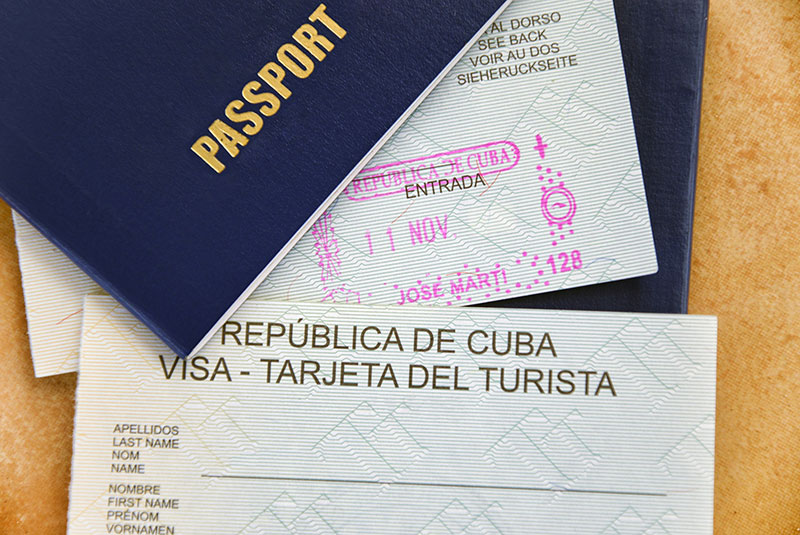
4: How can I travel to Cuba from the U.S.?
Many U.S. airlines, including American, JetBlue, United, and Southwest, offer direct flights to and from Cuba. While it’s possible to book directly through the airlines, our GeoEx in-house air travel department can assist with booking both domestic and international flights, easing the overall process and assuring you have everything you need prior to traveling, so that you can focus on the journey.

5: What else should I know when traveling to Cuba?
As we mentioned above, Cuba is a country that’s constantly evolving. It’s important to think ahead.
For instance, U.S. credit and ATM cards typically don’t work in Cuba, however the United States Dollar is back in use in Cuba, so you can bring cash with you for things like purchasing a beer or a market handicraft. You can also bring a small amount of Cuban pesos (CUPs), the country’s official currency, if you’d like. These currencies are widely accepted, especially by private businesses such as paladars, casa particulars (family-run guest houses), and boutique shops.
Remember that wifi and mobile phone services may be limited throughout the island. In cases where there is internet, it’s often slow. Consider purchasing an international SIM card pre-trip, which will enable you to connect to local networks while traveling, or purchasing roaming coverage from your mobile carrier.
Amenities such as shampoo, toilet paper, and hand sanitizer are considered hot commodities and not always available. Carry travel-size portions of bath products and toilet paper or wipes to use while you’re on the road. You’ll be thankful you did!
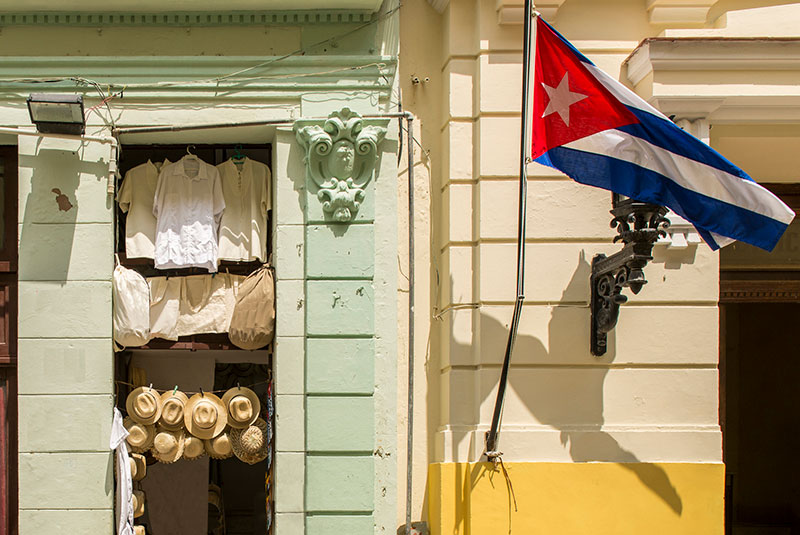
* * * * *
Are you ready to start planning your trip to Cuba? Our team of experts are ready to help craft your dream journey and answer all your questions. Contact one of our travel specialists at 888-570-7108 or submit an inquiry here.

